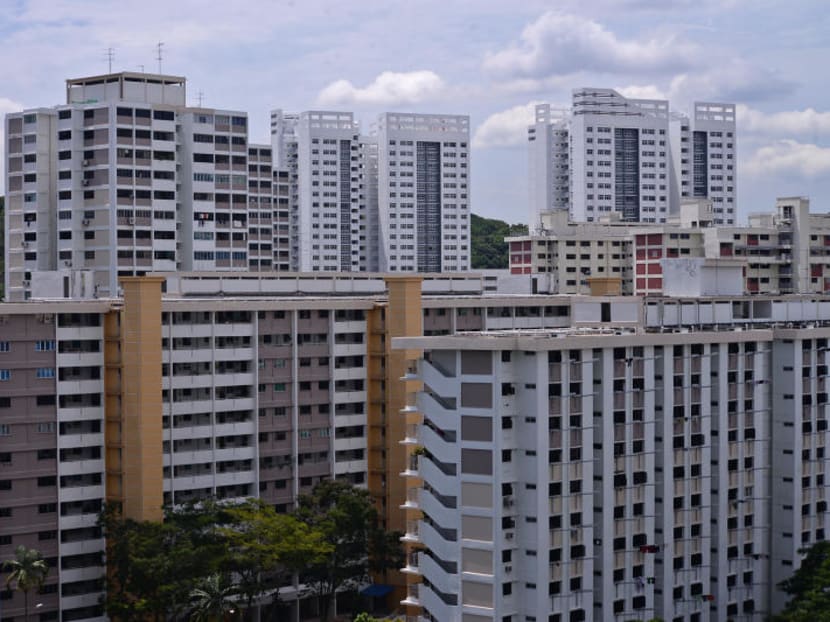Proposed law puts onus on landlords to check that tenants are not using homes as brothels
SINGAPORE — The onus may soon be on homeowners and tenants, who let or sublet their premises, to conduct identity checks in a bid to ensure that these premises are not used as brothels.

The Ministry of Home Affairs said that vice syndicates are moving their operations from traditional red-light districts to residential areas.
SINGAPORE — The onus may soon be on homeowners and tenants, who let or sublet their premises, to conduct identity checks in a bid to ensure that these premises are not used as brothels.
Changes to the Women’s Charter were tabled in Parliament on Monday (Oct 7) to make it an offence for those who cannot prove that they had performed “reasonable diligence” when screening tenants who are eventually busted for prostitution-related offences. Those convicted could then be jailed.
Examples of “reasonable diligence” include conducting a face-to-face interview with would-be tenants in addition to checking their identity card, passport or work permit, before entering into a tenancy agreement.
TODAY has asked the Ministry of Home Affairs (MHA) for details on what the identity checks entail.
At present, criminal liability arises only when the landlord knows that his or her premises would be used as a brothel or is “wilfully” a party to its continued use as a brothel.
The proposed maximum penalties for those who do not comply with the new rules are up to five years in jail, or a fine of up to S$100,000, or both for first-time offenders. For repeat offenders, it would be up to seven years’ jail, or a fine of up to S$150,000, or both.
MHA said that the proposed laws to curb the irresponsible leasing of premises is intended to “deprive” vice syndicates of operating space, especially in the heartlands.
These syndicates are utilising online platforms to advertise and solicit for clients, allowing them to move their operations from traditional red-light districts to residential areas.
“(The trend) has caused significant disamenities for residents, with the presence of unsavoury characters in our neighbourhoods, and affecting the residents’ sense of safety and security,” it said. “This has to be dealt with.”
The proposed new requirement is similar to a requirement under the Immigration Act, where homeowners must check on persons staying on their premises to ensure that they are not immigration offenders.
Besides introducing changes to the Women’s Charter, MHA said that it is partnering the Council for Estate Agencies, property agencies and agents to help and advise homeowners and tenants on how to conduct due diligence checks.
Property agents who knowingly help rent property for vice could be liable for criminal prosecution.
The Women’s Charter, which protects and advances the rights of women and girls in Singapore, was last amended in 2016 to make it an offence for any person in Singapore to operate or maintain any website or other remote communication service that offers or facilitates the provision of sexual services in return for payment, among other changes.
This latest set of changes is focused on staying abreast of online vice.
In a press release on Monday, MHA said that there was increasing sophistication in vice syndicates’ modus operandi as they run their businesses “remotely, often from overseas”.
Part of the amendments to the Act aims to deal with cross-jurisdiction operations of vice syndicates.
If passed, the laws will allow the police to take “more decisive action” against websites used to offer or facilitate the provision of sexual services in Singapore even if they are hosted overseas, the ministry said.
Another part of the Bill aims to “disgorge” profits from vice syndicates who exploit and profit off women and girls — by raising maximum fines to S$100,000 for first-time offenders and S$150,000 for repeat offenders.
The maximum fines now range from S$2,000 to S$10,000 for a first conviction, and S$10,000 to S$15,000 for repeat offenders.
To further deter would-be offenders, the maximum jail terms for first-time offenders will also be raised from three to five years for less severe offences, and from five to seven years for more severe ones.











